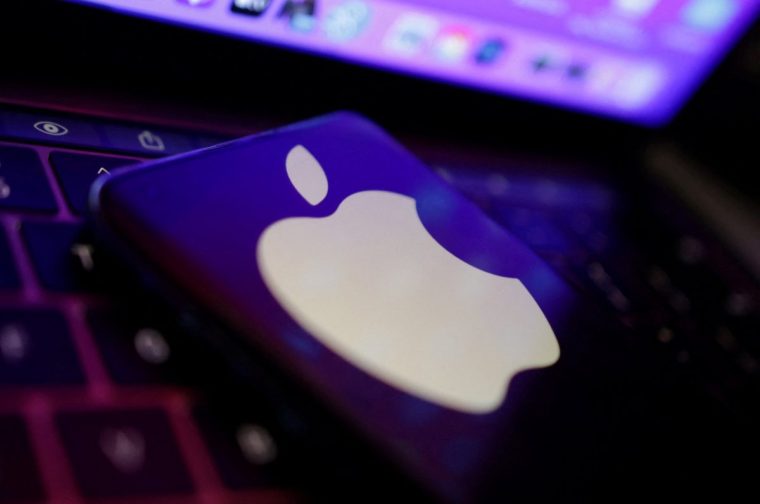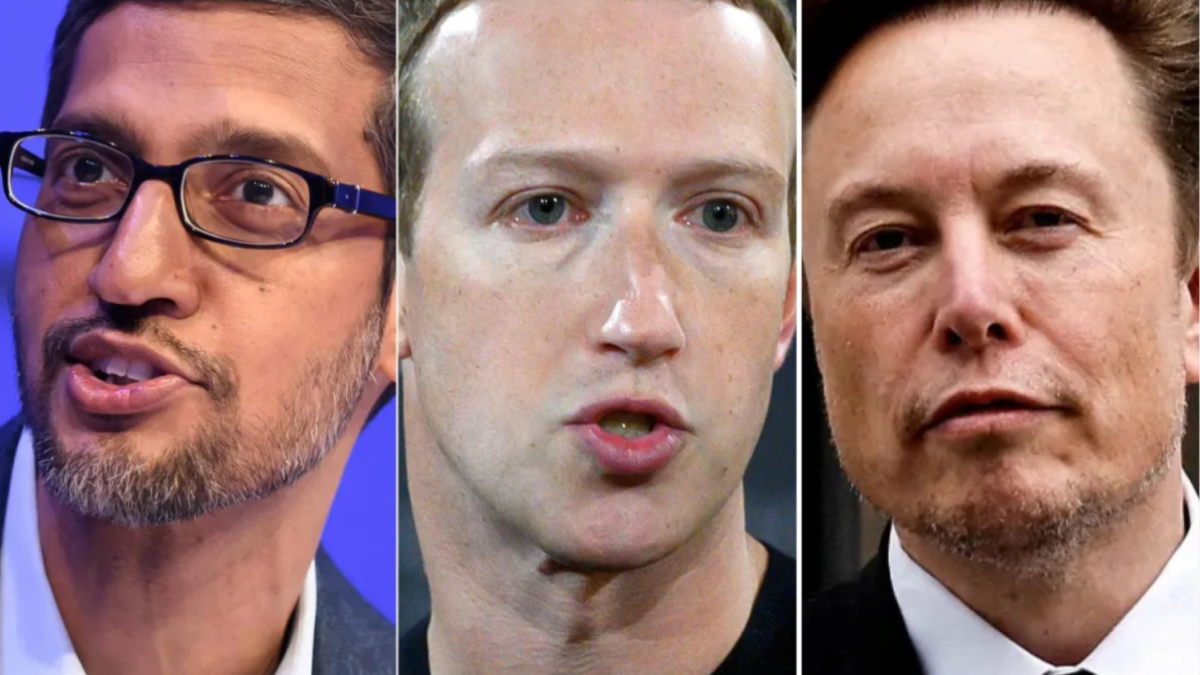The EU’s softer-than-expected penalties may reflect a precarious diplomatic calculus: to be seen enforcing the rules without provoking the wrath of Washington
BRUSSELS – Many readers would find a €700m (£600m) fine somewhat steep, but when the penalised entities are tech giants that can claim to be amongst the biggest firms in the world, the scale of punishments may need to be adjusted. That, at least, was the sentiment in Brussels after the European Commission’s long-awaited decision to fine Apple and Meta €500m (£428m) and €200m (£170m) respectively for breaching market competition rules under the EU’s new internet laws.
The fines were for violations of the Digital Markets Act (DMA), the bloc’s flagship attempt to check the power of big tech. Apple was found to have restricted app developers from steering users to external payment options. At the same time, Meta, owner of Facebook and Instagram, was fined for its “pay or consent” model, which many saw as a Trojan horse for privacy-invasive advertising.
Yet, for all their symbolism, are the fines too modest? Some wanted Brussels to bite harder, given how big tech has consistently used its size to muscle out market rivals.
“The levels of these fines are low. There is little for US big tech to complain about,” said Yale economics professor Fiona Scott Morton, who was briefly the EU’s chief competition economist in 2023.
Under the DMA, the EU can impose penalties of up to 10 per cent of a company’s global turnover, a sum that, in Apple’s case, would have exceeded €35bn (£30bn). That regulators chose a path of measured enforcement over financial shock therapy raises a question: is Europe affirming its regulatory authority or blinking in the face of geopolitical pressure?
The EU Commission’s executive vice president, Teresa Ribera, insisted the fines were “firm but balanced” given the nature of Apple and Meta’s infringements. “Today’s decisions send a strong and clear message,” she said. “All companies operating in the EU must follow our laws and respect European values.
She was echoed by the powerful European consumer group, BEUC, which said the commission had no choice but to enforce so that gatekeepers complied. “Today’s decisions are important to show big tech that if they choose to operate on the EU’s single market they must play by our rules,” said BEUC director-general Agustín Reyna. “Apple and Meta have had ample time to comply with the Digital Markets Act but instead have delayed compliance and tried to twist the rules to their advantage.”
But the wider context complicates that claim, as the EU grapples with how to enforce its digital rulebook amid a swirling trade war with the United States. President Donald Trump has framed Europe’s tech rules as a form of economic nationalism disguised as consumer protection: non-tariff barriers aimed squarely at Silicon Valley. His Vice President, JD Vance, went further, saying on the campaign trail in September that Washington could stop supporting Nato if allies “censor” American platforms.
The EU’s softer-than-expected penalties may thus reflect a precarious diplomatic calculus: to be seen enforcing the rules without provoking the wrath of Washington.
To that end, the fines operate more as an opening salvo than a climactic verdict. They serve as a legal placeholder, clearly articulating that the DMA has teeth, even if it bites lightly for now. Apple’s anti-steering practices and Meta’s coercive consent mechanisms were always low-hanging fruit for enforcement, and the commission chose not to reach for the more explosive tools at its disposal, such as ordering structural changes or business divestments.
 Apple was found to have restricted app developers (Photo: Reuters)
Apple was found to have restricted app developers (Photo: Reuters)
The penalties serve as a regulatory line in the sand. Apple and Meta must comply with the commission’s rulings within 60 days or risk harsher punishment. Both firms have responded with the usual corporate choreography: protests of unfairness, hints of appeals, and veiled threats about reduced investment.
Other tech investigations loom, however. Google and Elon Musk‘s X may be next, with the search giant seen as prioritising results for its own services, while the social media platform is failing to police content. There are separate investigations into why digital giants pay little tax in Europe. And Silicon Valley could be hit with retaliatory measures if Trump follows through on threats to impose tariffs on the EU, in the first use of a Brussels “bazooka” tool known as the Anti-Coercion Instrument.
Despite the EU’s claims of impartial enforcement, the spectre of American retaliation looms large. Trump has already signalled he may deploy trade tariffs in response to European regulatory actions. The political temperature has risen enough for Germany’s finance minister to publicly caution against jeopardising Europe’s access to essential American tech services.
Against this backdrop, the commission’s restraint may be tactical rather than timid. By opting for relatively mild fines in the first round, Brussels can show it is enforcing the law without escalating into a full-blown trade dispute. Yet such pragmatism comes with reputational risk. The EU has spent the better part of a decade cultivating an image as the world’s premier tech regulator, whereby European rules influence global norms.
Earlier this week, the European Commission president, Ursula von der Leyen, said the EU would enforce its tech laws regardless of who was running the digital giants or was in the White House.
“The rules voted by our co-legislators must be enforced,” she said in written replies to questions. “We apply the rules fairly, proportionally, and without bias.”
But even she has to take account of the politics.
